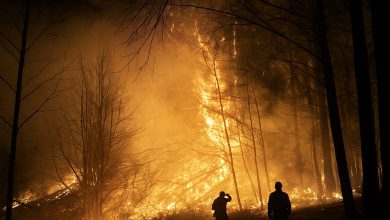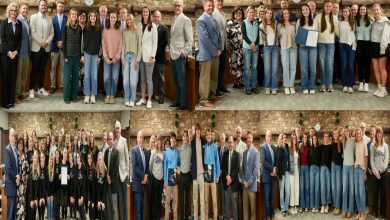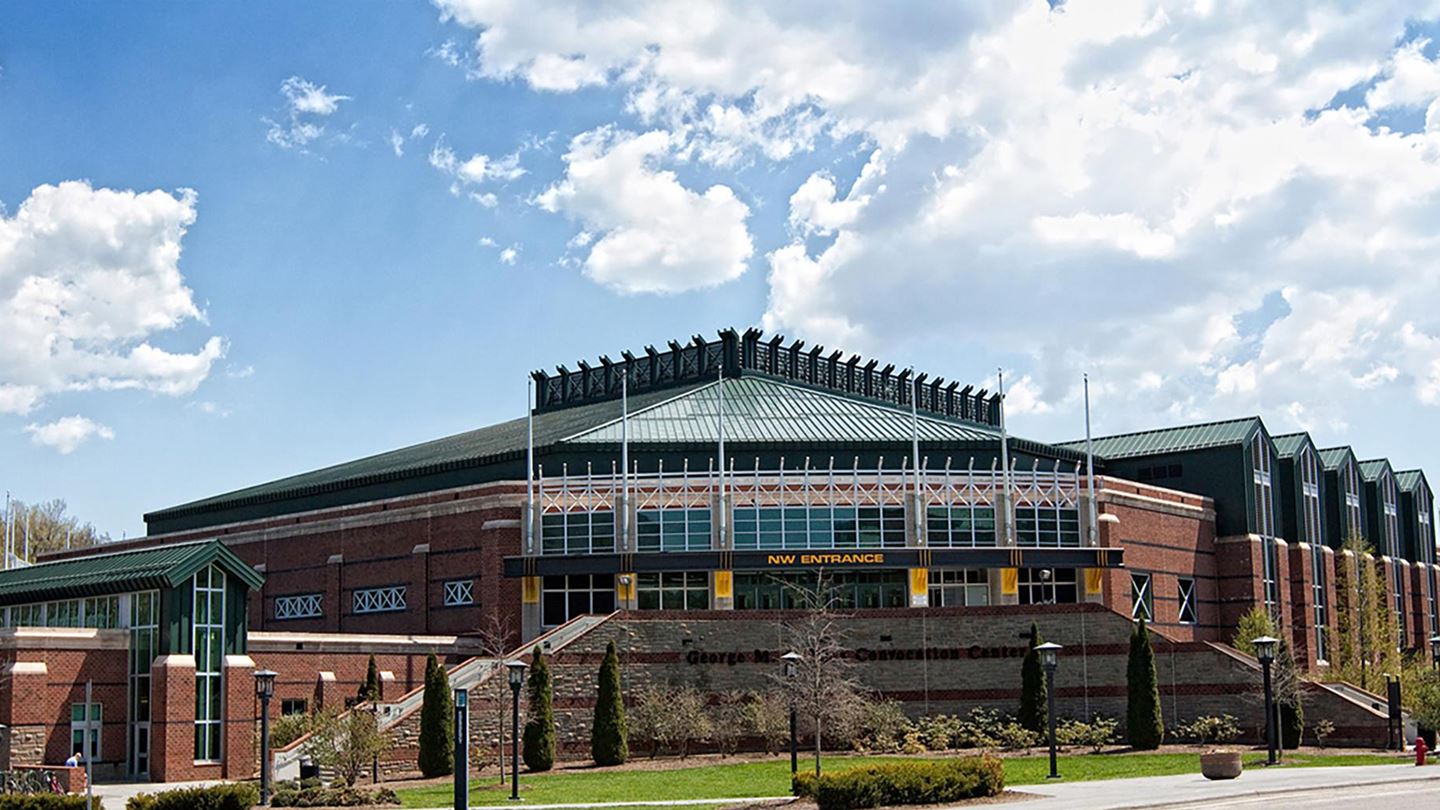
Last Updated on February 12, 2022 6:44 pm
The below message is from Chancellor Sheri Everts
With the first week after our “return” from extended Spring Break behind us, I would like to provide you an update from campus.
Yesterday, I met with Appalachian’s Board of Trustees via teleconference and shared with them how the Appalachian Community is responding to COVID-19. You can read my full remarks here. I shared with them that we are simultaneously planning for every conceivable scenario, responding to each new circumstance, and learning to anticipate every eventuality as the ground continues to shift beneath our feet.
We saw our first confirmed case of COVID-19 in an off-campus, App State student, which we shared with campus earlier today. I am pleased to share that the student who was diagnosed with the virus is now symptom-free. We shared with campus that the student has not been on campus since March 4, and has been self-quarantined since returning to the United States from overseas travel. Students who are concerned about symptoms should call Student Health Services at 828-262-3100 and ask to speak with a nurse. They are continuing medical and screening services to students in person and remotely. Faculty or staff who have concerns about students or their own health diagnoses should reach out to safety@appstate.edu.
Yesterday, we alerted campus to Gov. Roy Cooper’s executive order of March 27, 2020. Because those who are not necessarily at risk of serious disease can carry the disease to their loved ones, we are directing members of the campus community to carefully adhere to social distancing practices as outlined in Gov. Cooper’s order, not gather in groups and physically stay at least six feet apart from others. Read more information here. With current telework and online and alternative course delivery in place, we expect minimal impact to the university, and will provide additional details, including information about administrative leave and compensation for staff on Monday.
In recent days, we have:
- Transitioned 2,600 course sections from face-to-face instruction to online learning in two weeks’ time.
- Reached nearly 600 faculty last week alone with workshops, support and training sessions.
- Managed the reduction of our on-campus residents from more than 5,600 to fewer than 130 — 2% of our usual number.
- Reduced our operations to essential functions, with more than 2,150 faculty and staff working from home or off-campus locations.
- Brought 128 students home from international programs and suspended or cancelled 58 more international programs scheduled to begin this semester and this summer.
- Freed resources to ensure we can meet the immediate needs before us, limiting expenditures to essential spending and continuing to closely monitor our resources and COVID-19-related expenditures.
- Delivered curbside meals to our campus community.
- Cleaned residence halls, offices and public spaces with increased frequency.
- Continued to support the emergency response and relief efforts of our broader High Country community.
- Developed new work shifts to comply with social distancing and to share work hours across staff members.
- Re-allocated resources to fortify emergency loans for faculty and staff, as well as student grants to help ensure a safety net for the Appalachian Community.
We are seeing an increase in financial need for our students affected by displacement and loss of employment. Our Mountaineer Emergency Fund can provide short-term grants to students who are facing financial challenges that present significant barriers to their academic success. With the fund merely days old, we have already granted allotments to students struggling with job loss, and those with child care and utility bills piling up.
Those who wish can give to the fund here.
Students can apply for assistance here.
For faculty and staff who are facing financial difficulties zero-interest emergency loans are available, with minimal payments to be made through monthly payroll deduction.
On so many occasions, I have been encouraged by the resoundingly positive response of the Appalachian Community to this difficult situation. I am immensely proud of our faculty. They have a keen awareness that the relationships with their students are all the more meaningful in times of widespread anxiety and fear of the unknown, and continue to prove themselves to be selfless and adaptive professionals. Many staff have worked long hours to ensure faculty and students had the technology, training and support necessary to begin a “new normal,” while continuing to keep the institution running and adapting to each new change as it comes. Our students have also shown tremendous versatility throughout this rapidly changing situation. They have opted to accept the new circumstances of spring semester as an opportunity to expand their ability to create and innovate.
As you know, along with our sister institutions in the System, we are prevented by the coronavirus from holding a face-to-face Commencement in May. In the history of this institution, we have never canceled the university’s main Commencement ceremony, not even for the 1918 Spanish flu pandemic or World War II. It was unthinkable for us to consider canceling our May Commencement ceremony, especially with the available technology that is allowing faculty to continue teaching and engaging in research. So, we will celebrate May Commencement virtually and invite our Spring graduates to December Commencement. While we don’t know when large events will become the norm, we want to go ahead and offer December commencement so that families and friends can plan ahead. These aren’t the options we want, but they are options we can commit to now, allowing our students and their families and friends the opportunity to celebrate from wherever they are in May, and the option to walk across the Commencement stage – with family and friends in attendance – in December.
There are many questions yet to be answered. We know many of you have questions about refunds, how long classes will stay online, how grades will be handled, what the summer brings and even what to expect for Fall 2020. Please know we are working through all of these issues and more, addressing those items which we can control first, planning for every contingency we can imagine, and always keeping the health and safety of the Appalachian Community at the forefront of every decision we make.
The heart of the Appalachian Spirit is resilience and kindness in the face of adversity. For more than 120 years, we have relied on this spirit to guide us through the most difficult moments in our history.
We are Appalachian State, and we will emerge stronger, more resilient and poised for even greater success.

Sheri Everts, Chancellor



















